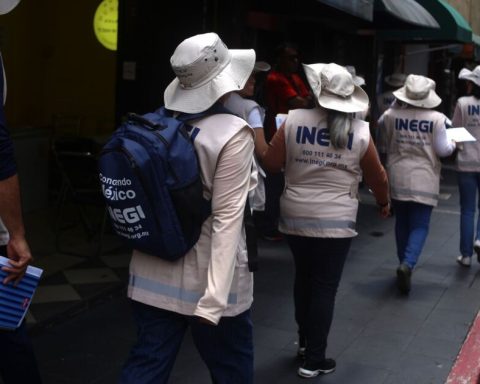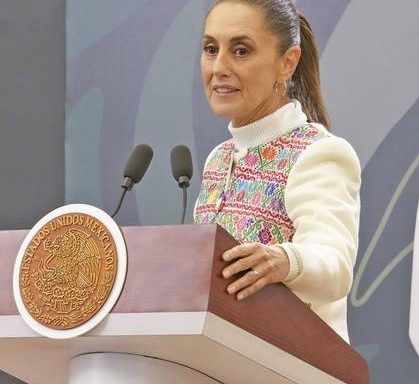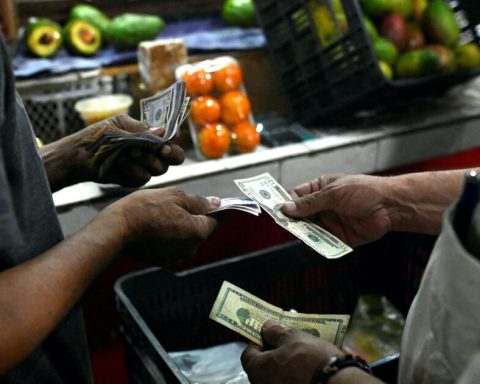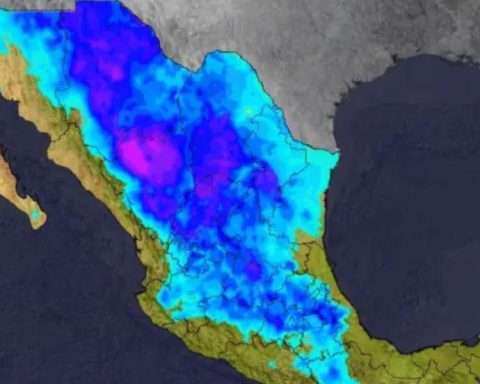What about consumers?
Despite the increase in the minimum wage in Mexico during the same period, it is not actually a determining factor or proportional to the increase in the cost of living, Magaña mentioned.
This is because the salary increase applies to people within the formal sector of work, which leaves out those who are within the informal sector. The Inegi reported that in the second quarter of 2024 32.2 million people are in informal employment, 54.3% of the country’s employed population.
In general, the cost of living affects everyone, regardless of their working conditions.
“[El incremento de precios y costo de vida] “It significantly hurts people’s purchasing power and in particular we could say that inflation has a regressive effect, this means that it affects those who have the least the most,” said Alejandro Saldaña, who adds that, by allocating a greater percentage of the income for the consumption of basic products and services, such as food or energy; They can enter the poverty line.
“The majority of people with minors and income tend to preserve their monetary balances, their savings, in other words, in liquid form or in mechanisms that do not generate a return, so obviously when inflation grows, this subtracts the value.” to those monetary balances that people have,” he pointed out.
What do we have left?
The chief economist of Ve por Más explains that one of the measures that people take to face rising prices is to opt for other alternatives or replace the usual products with others that are more affordable for our finances. Even avoid some purchases.
In correspondence with the previous section, one of the options to consider could be to use financial instruments that give returns to our savings.
















